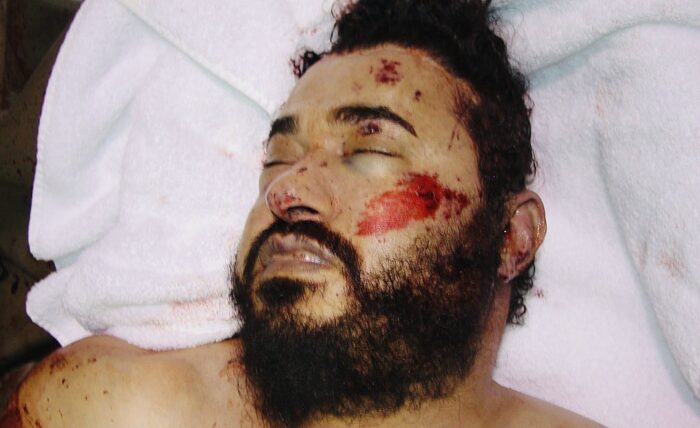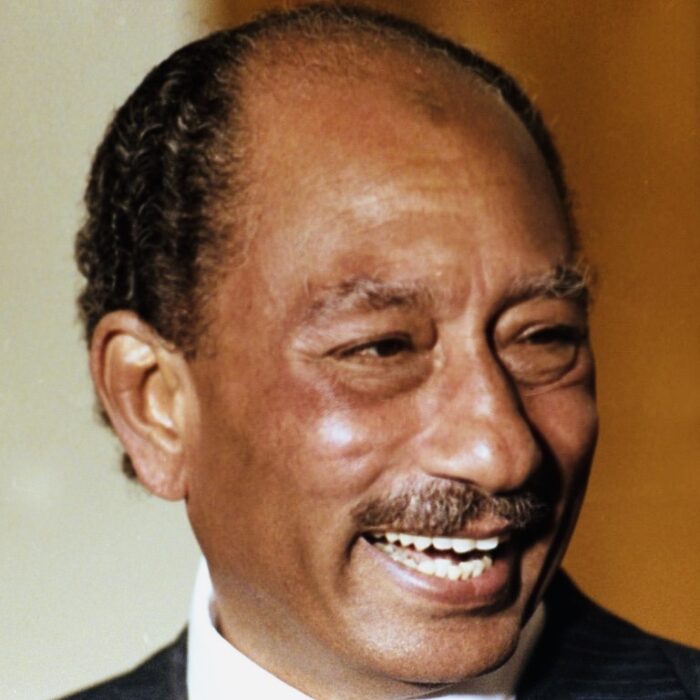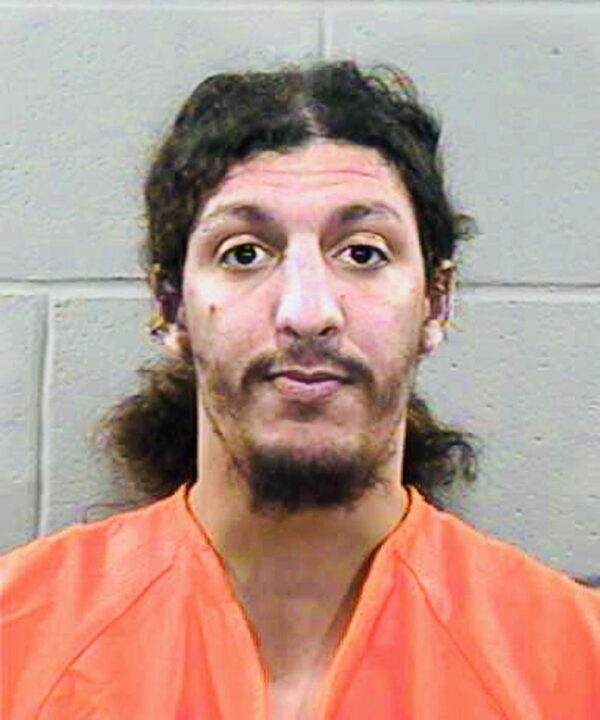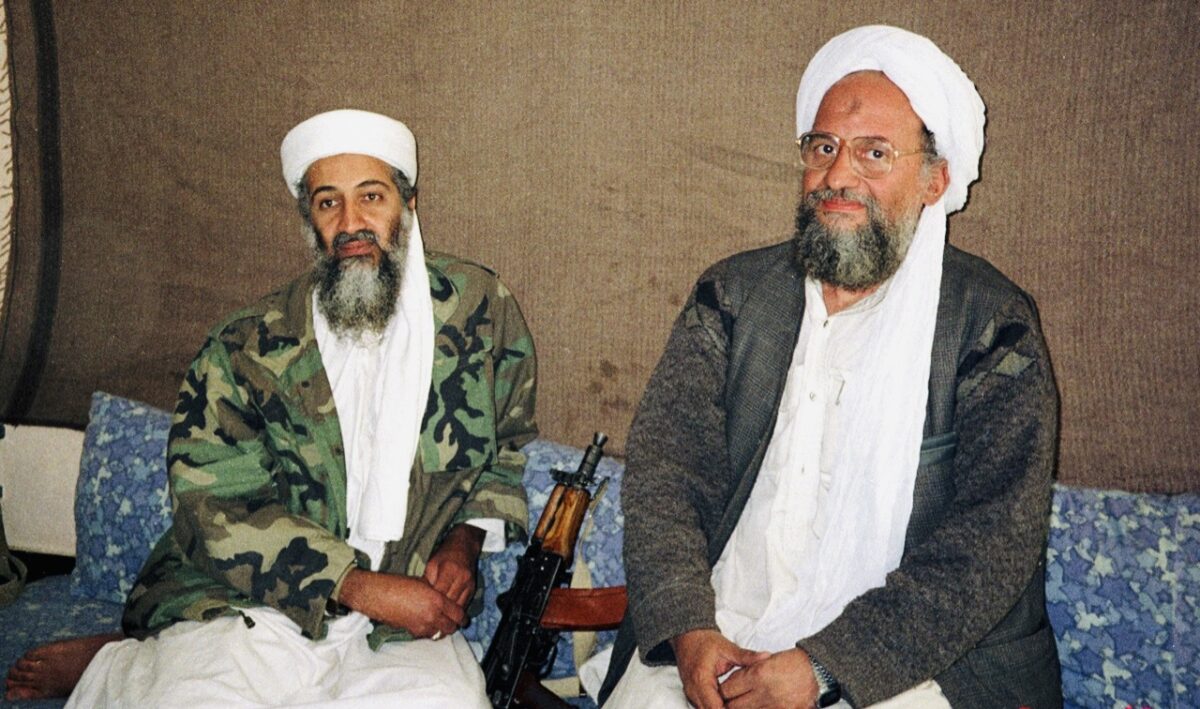Ayman al-Zawahri, a jihadist writ large, lived and died by the sword.
After assuming the leadership of Al Qaeda following Osama bin Laden’s assassination in 2011, he promised to “terrify” the United States with a spate of terrorist attacks. “Blood for blood,” he boasted in a theatrical video released about a month after American commandos killed Bin Laden in his compound in Abbottabad, Pakistan.
Zawahri fell far short of his goal, never having succeeded in mounting an assault on the scale of Al Qaeda’s most audacious operations against the United States.
These included the destruction of the World Trade Center in Manhattan and the fire bombing of the Pentagon in Washington in 2001, the attack on the destroyer USS Cole in Yemen in 2000, and the simultaneous bombings of the U.S. embassies in Kenya and Tanzania in 1998.

Al Qaeda’s declaration of war on the United States in the waning years of the 20th century and the second year of the 21st century had tremendous consequences.
On the order of President George W. Bush, the U.S. invaded and occupied Afghanistan, which had been a safe haven and training center for Al Qaeda under the Islamic fundamentalist Taliban regime. In 2003, the U.S. launched an invasion of Iraq, with U.S. Secretary of State Colin Powell justifying it on the grounds of Iraq’s alleged arsenal of weapons of mass destruction and Iraqi President Saddam Hussein’s supposed connection to Al Qaeda.
Al Qaeda was emasculated, if not driven out of Afghanistan, by the American blitzkrieg. In Iraq, however, the Americans faced a nation-wide insurrection planned and organized by Al Qaeda’s local leader, Abu Musab al-Zarqawi, who was killed by a U.S. airstrike in 2006.

Like Zarqawi and Bin Laden, Zawahri met a violent end. After years of monitoring his movements, the U.S. Central Intelligence Agency finally tracked him down in a sedate residential neighborhood in Kabul, the capital of Afghanistan. On July 31, while standing on the balcony of his villa, he was killed by two Hellfire missiles fired from a drone. He was 71.
His assassination took place almost a year after the United States’ chaotic military withdrawal from Afghanistan and the Taliban’s triumphant return to power.
It goes without saying that the Taliban was fully aware of his presence in Kabul. Once again, the Taliban regime is in bed with Al Qaeda, its denials notwithstanding.
Until Zawahri moved to Kabul, he reportedly lived in Sudan and neighboring Pakistan, overseeing Al Qaeda franchises in, among other countries, Afghanistan, Somalia, Yemen, Mali, Iraq and Syria.
During his heyday as Bin Laden’s deputy, Zawahri established himself as a strategist and organizer. While by no means as charismatic as Bin Laden, Zawahri was an essential component of Al Qaeda’s terrorist machinery, an ideologue and a bureaucrat in charge of promoting its brand and running its day-to-day affairs.
Al Qaeda lost much of its prominence and clout in the jihadi world after the meteoric rise of Islamic State, which managed to create a caliphate in parts of Iraq and Syria from 2013 to 2017. Its leader, Abu Bakr al-Baghdadi, blew himself up in 2019 after American commandos homed in on his hideaway in Syria.
A physician by training, Zawahri was born in the Cairo suburb of Maadi, which was developed by Jewish realtors. He was the scion of a notable and influential Egyptian family. His father, a professor of pharmacology, was related to the grand imam of Al Azhar, an Islamic university. His mother’s father was the president of Cairo University and an ambassador to Saudi Arabia and Pakistan.
Zawahri was greatly influenced by Sayyid Qutb, an Islamic fundamentalist thinker and an opponent of President Gamal Abdel Nasser’s secular nationalist regime. Qutb was executed in 1966, a year before the Six Day War, which had a profound effect on Zawahri.
Egypt, soundly defeated by Israel, lost the Sinai Peninsula and the Gaza Strip, a humiliating debacle in the eyes of Egyptians like Zawahri.
“The most important event that influenced the Jihad movement in Egypt was the ‘Naksa’ (or ‘the Setback’) of 1967,” Zawahiri wrote in his memoir. “The idol, Gamal Abdel Nasser, fell. The tyrant leader who used to threaten and pledge in his speeches to wipe out his enemies turned into a wounded man chasing a peaceful solution to save at least a little face.”
Zawahri was a founder of Egyptian Islamic Jihad, which railed against Nasser’s successor, Anwar Sadat, who signed a peace treaty with Israel in 1979.

Arrested after Sadat’s assassination in 1981 at the hands of homegrown Islamic radicals, he spent three years in prison after being convicted of illegal arms possession. During his trial, he shouted,”We have sacrificed and we are still ready for more sacrifices until the victory of Islam.”
Upon his release, Zawahri went to Pakistan, where he worked with the Red Crescent treating Islamist guerrillas wounded in Afghanistan in combat with Soviet troops. During this interregnum, he met Bin Laden, a wealthy Saudi who had joined the Afghan resistance.
All the while, he participated in an Islamist insurgency against the Egyptian government, which peaked in the late 1990s. During that time, he organized assassination attempts on Egypt’s president and prime minister and sent suicide bombers to destroy the Egyptian embassy in Pakistan. In 1999, an Egyptian court sentenced him to death in abstentia.
In 1998, Zawahiri commissioned a study on Jewish influence in America. Like all jihadists, he was obsessed by Jews. “America is now controlled by the Jews, completely, as are its news, its elections, its economy, and its politics,” Zawahiri wrote. “It uses Israel to attack its neighbors and to slaughter those who are living peacefully.”
Although focused on the United States, his chief enemy, Zawahri never lost sight of a major jihadist objective — the eradication of Israel.
Zawahri sent Richard Reid — the British terrorist caught trying to blow up a passenger plane with a shoe bomb — to Israel on a reconnaissance mission for Al Qaeda.

In 2002, Al Qaida operatives attacked a hotel in Kenya frequented by Israelis, killing three Israeli guests. Another Al Qaeda cell attempted to shoot down an El Al passenger plane taking off from Mombasa International Airport. A year later, Al Qaida terrorists attacked four Jewish sites in Casablanca, killing 27 tourists, none of whom were Jewish.
In 2003, two British jihadists of Pakistani descent inspired by Al Qaeda killed three Israelis and wounded more than 50 in a suicide attack at Mike’s Place, a jazz club, in Tel Aviv. And in 2010, a group of Israeli Arabs from Nazareth under the sway of Al Qaida killed a Jewish taxi driver.
These attacks, though serious, did not match the fiery rhetoric of Zawahri’s jihadist speeches.
Until the end of his days, Zawahri was preoccupied with Israel. In 2013, on the 46th anniversary of the Six Day War, he released a video in which he declared that Al Qaeda’s “holy war” against Israel, and the United States, would continue indefinitely.
Iran, Hamas, Islamic Jihad and Iran have embraced this role with immense conviction and commitment, but Al Qaeda remains a beacon of anti-Israel fervor even after Zawahri’s death.
